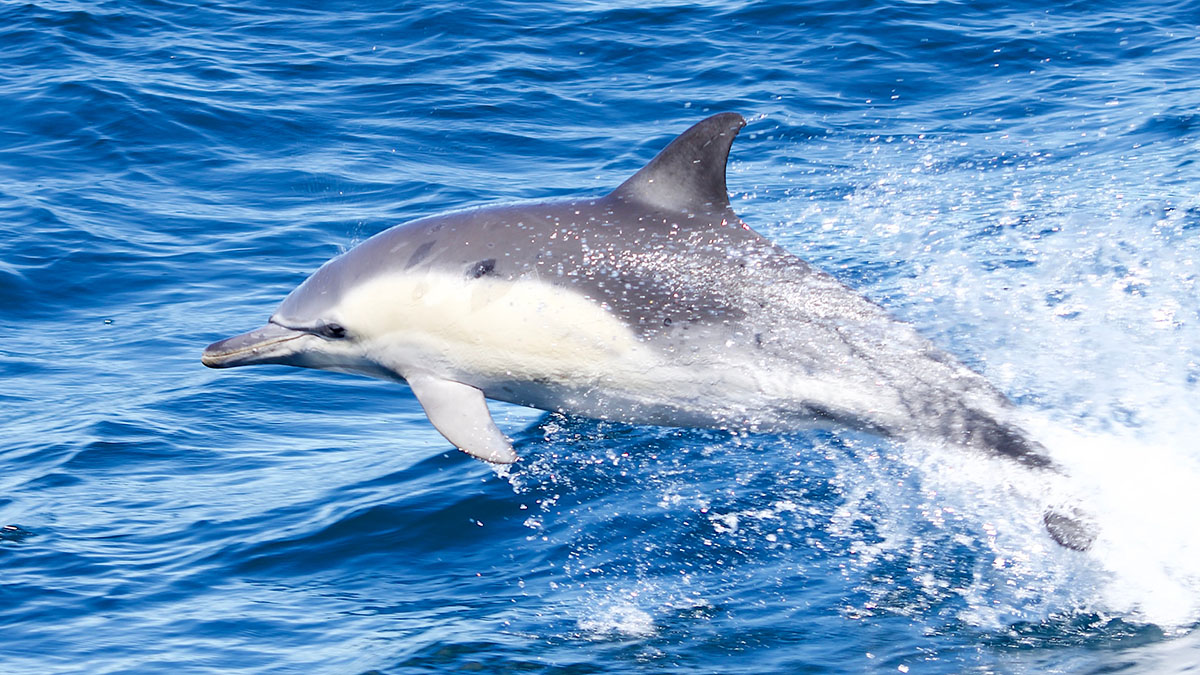Ladies and gentlemen, it is whale watching season here in Jervis Bay.
Folks are arriving from near and far to spot the mighty and majestic humpback whale on their migratory swim northward. Humans and whales have always had a unique connection, from the earliest myths of unknown sea demons to the steps we take today to preserve and protect these beloved mammals. Throughout history, whales have inspired, delighted, frightened, and fascinated humankind.
The Literary Leviathan
Spotted by early sailors, whales were often mistaken for sea monsters, a fearful belief most likely stemming from ancient Hebrew and Christian texts. In the Old Testament, the name Leviathan was given to a massive creature of the deep, and called by the same in Herman Melville’s famous novel Moby Dick. The Biblical story of Jonah and the whale is a well known tale, in which Jonah, fleeing God, is cast into a stormy sea, swallowed by a giant fish typically presumed to be a whale, and spends three days within the whale’s belly. At God’s command, Jonah is released. In these traditions, whales were generally viewed as fearsome creatures of great power, perhaps of evil intent. Jonah was frightened within the whale and only released by God’s grace. Melville’s great whale was portrayed as vicious and calculating.
The Revered Mammal
Many Native American tribes had their own legends about whales. While whales were sometimes viewed as ocean monsters, with their likeness carved into totem poles and masks, they were also seen as a source of food and regarded with deep respect and appreciation. Within tribes in the Northwest coastal regions, whaling was seen as an esteemed and honourable profession.
The Divine Whale
Some cultures believe that the whale is a source of wisdom and divinity.
Coastal Australian Aboriginal tribes had deep notions of the significance of whales. They perceive the whale as an ancestor whom they love and one who helped to shape the land and seas. The whale may also be congruent to the Rainbow Serpent. For the Aboriginal people, and other groups around the world, whales are associated with earthly elements such as the water, the wind, the moon, and the rainbow.
More Whale Mythology
Still other cultures have very unique and specific ideas concerning whales. A peculiar old myth in Austria suggested that a young virgin on the brink of womanhood should not stand directly in a sunbeam. If she did, a whale would carry her away in his belly to a far off place. A Chinese story tells of a whale known as Yu-kiang who possessed human hands and feet and was the ruler of the oceans.
A Whale of a Tale
These stories and myths are delightful to explore, but now we know that whales are not fearsome creatures. In fact, humpback whales are considered gentle giants.
If you’re ready to come aboard and have a whale adventure of your own, please join us soon for one of our exciting whale watching cruises in Jervis Bay. Tours depart daily and spectacular views of the whales are sure to thrill you. Come and see these stunning creatures for yourself.




